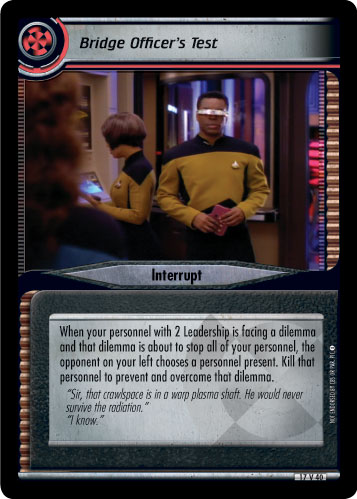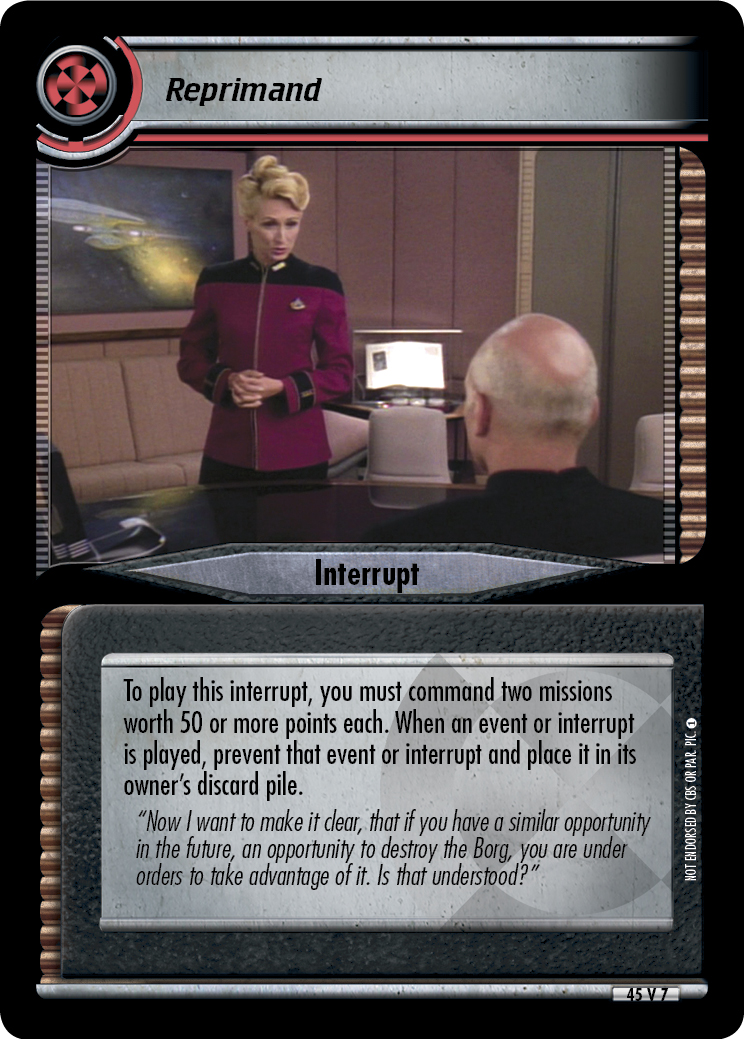All Categories • Continuing Committee • Organized Play • Rules Committee • Deck Designs • Virtual Expansions
Card Extras • Special Events • Tournament Reports • Everything Else • Spotlight Series • Contests
Strategy Articles
The Road to Worlds: Regionals 2019 Week 1
by Lucas Thompson, Ambassador
4th April 2019
|
Second Edition British Columbia Regional winner Michael Van Breemen |
|
MVB's Commentary: What other achievements did you consider chasing? What sorts of decks were you hoping to face while playing your deck? What decks did you hope not to face? Prior to this tournament, did you have much experience playing this deck (or decks like it)? Did you learn anything new about it when you played it this time? Did you use any situational cards (cards that you wouldn't expect to be useful in every game)? Are there any whose usefulness exceeded your expectations? Were there any that you wouldn't include if you played the deck again? What would you nominate as the MVP card from your deck? Do you have anything else you'd like to say about your deck? |
|
My Commentary: So far, three of the four decks that have earned the "play" version of this achievement have been TNG Earth decks (Sean's was a Bajoran deck). TNG Earth and Bajor both have access to a wide variety of high-integrity personnel, which makes them great places to start for anyone interested in earning it too. However, each of the four decks have needed to dip fairly heavily in to the Non-Aligned pool of personnel; you'd be surprised how narrow the skill pools tend to be on those personnel. Not only does Honor take up a skill (or two) on almost every such personnel (only Jim, Hazur, and McCoy lack it in this deck), but other skills like Anthropology and Leadership tend to show up more frequently than you need them to. Perhaps it's worth considering taking an Integrity Achievement deck to a Hall of Fame format event in order to avoid Personal Duty and An Issue of Trust. Without many natural double Leadership personnel in TNG decks (only Inyo has it here), you don't see Bridge Officer's test show up that often. However, Security Drills can always generate that second level of Leadership, and then the Bridge Officer's Test is even more of a surprise. Think about it: I usually think twice about dropping a wall like "Rapid Progress" on Klingon decks, because they invariably have a Test in hand ready to burst through it. But against a TNG deck I'm much more likely to try to block them with an Outclassed without anything to back it up. And I'd regret that against MVB. That said, if you've got robust interrupt prevention, then maybe you don't need to be to cautious with wall dilemmas against anyone. And with those three copies of Reprimand, I'd say this deck's denial ability is beyond robust. Unlike other generic prevention (like Grav-Plating Trap) you don't need to draw something with Reprimand, there are no prerequisites. You just draw Reprimand, and then the opponent doesn't play interrupts. That's why I've been seeing Reprimand popping up in any deck that can afford two mission slots for 50 point missions (though those missions are rarely the ones the deck plans on solving). |
|
Second Edition Kassel Regional winner Sascha Kiefer |
|
Sascha's Commentary: What would you nominate as the MVP card from your deck? I've seen slim Relativity decks before, but this one is as slim as it gets. The advantages are obvious - a slimmer deck draws more reliably. But has its size ever been a liability? |
|
My Commentary: We've looked at other slim Relativity decks before in this series (most recently with Greg's 2018 Online Masters win), and while none of them (that I can recall) have been quite this slim, they've all shared certain qualities. First, they're very unlikely to waste many resources getting that first-turn Relativity, which can make a huge difference. I've had a plenty of people tell me they'd always rather pay four counters for Tacking Into the Wind than discard four cards for Prevent Historical Disruption, but if you don't have to do either then that's even better. This deck is as likely as it gets to do neither with three Relativities in 35 cards, and that leaves the Tackings for essential personnel recovery. Now, you may ask, why would a Relativity deck need to recover essential personnel? Don't they have access to infinite recovery via Temporal Transporters? Well, a 35 card deck can't actually recover personnel infinitely with Transporters, it just doesn't have the fodder in the draw deck. But that's part of the speed of a slim Relativity deck too - you don't need to discard two cards every turn, most of your personnel just get played for their face value, and you keep moving. Now I know I'm starting up the old argument again about the value of draws and discards - many players will factor the cost of drawing a card into its value, and will count discarding cards to pay for a card's cost as adding counters to the cost. Others will point out that draws are not exactly worth a counter, since you get seven draws for free every game (your opening hand), and other cards (like These Are the Voyages) can generate more draws than its printed cost. The thing is, Relativity decks are pretty light on the kinds of free draws that TATV gives you (though this deck does run a copy of it), so in Relativity draws are much closer to being worth a full counter than they would be in, say, a DS9 Common Purpose deck. So every time you pay the Replicate cost on Temporal Transporters to pull in one of those beefy four-cost personnel (like Julian Bashir, Nostalgic Doctor), you need to ask yourself how much value you're actually gaining there. Maybe you'd be better off paying retail and just paying two counters for a Temporal Transporters down the road. |
|
Next Time: An Interview with the winner of the Salem, OR Regional, and San Diego Masters winner Kris Sonsteby. |
Discuss this article in this thread.
Back to Archive index















